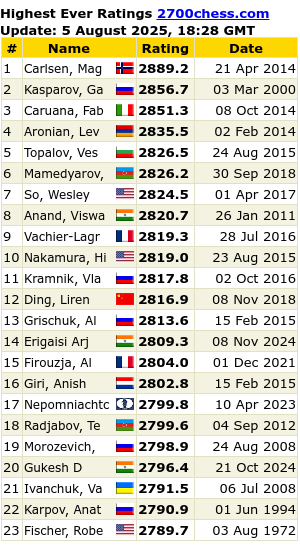 |
| "Why are we so bad at thinking logically?" asks Alan Trefler with genuine puzzlement. |
It's a question that Star Trek's Spock also often asked.
But then Spock - and Mr Trefler, a chess master and chief executive of business software group Pegasystems - are not much like you and me.
Vulcans and chess masters see things differently.
Where we see chaos, randomness and inefficiency, they see the potential for order and smooth running using logic and deductive reasoning.
"Business processes are a lot like chess," says Mr Trefler.
"First you need to look at the board, absorb all the data, recognise patterns, analyse, develop a strategy, then continually revise and develop that strategy as the game progresses."
It is this ability to break up the complexities of business and customer interactions into understandable, sequential steps that has helped Mr Trefler create a company that recently reported total revenues of $356m (£221m) and net income of $22.5m for the first nine months of 2013. Its shares are listed on the Nasdaq index in New York.
The Massachusetts-based business now has a stock market value of more than $1.8bn, with clients including Vodafone, Cisco, HSBC, United Healthcare, Heathrow Airport Holdings and Bank of America.
'Enjoyable intellectual challenge'
Mr Trefler caught the chess bug aged seven watching his father, a first-generation Polish immigrant to the US, play the game with friends at their home in Brookline, Massachusetts.
"I enjoyed the intellectual challenge," he says, "the analytical thinking. I had an intuitive assessment of the game. The chess board looked almost like a heat map to me - I could see the pressures the pieces were exerting."
Mr Trefler became the Massachusetts high school champion. But greater achievements were in store.

Heathrow airport in London is one of Pegasystems' customers
In 1975, while studying economics and computer science at Dartmouth College, New Hampshire, he entered the World Open Chess Championship. Ranked only 115th, he nevertheless went on to win the tournament, tying with Pal Benko, an international grandmaster. Mr Trefler was just 19.
"That was an excellent time to refocus my career," he says.
At one point he thought he wanted to be a writer, "but I had a fight with my teacher over how to interpret Hamlet and that was the end of me studying English", says Mr Trefler ruefully.
'Slaves to machines'
Given his penchant for the intricacies of chess, it perhaps is not surprising that the teenage Mr Trefler also took to computer coding. But he admits he was not especially good at it. "There were too many bugs in my programs," he says.
So it is ironic that in 1983 he went on to found Pegasystems, a software company dedicated to simplifying business processes.
After university, working as a software engineer for banks and insurance companies, he despaired at the "primitive" approach to computer systems design. Humans appeared to be "slaves to the machine", he concluded, when it should have been the other way round.
His idea was to help companies become more efficient by giving them the tools to design computer systems tailor-made for the jobs they needed done, whether enabling bank customers to switch accounts, finding a new chief executive, or providing and monitoring healthcare programmes, for example.
He adopted a "visual metaphor" approach to make it easier for clients to understand. This involves breaking down business processes into stages that are represented graphically and pictorially.


http://news.bbcimg.co.uk/media/images/71131000/jpg/_71131087_spock1.jpg
The client can put the building blocks together in a way that suits the task, while the software writes the relevant code automatically in the background, allowing a sort of "what-you-see-is-what-you-get" business system prototyping.
Crucially, the software allows companies to experiment and adjust the process based on experience.
"Our software is all about continuous re-evaluation," he says, echoing the chess player's approach.
The software alerts care providers if a patient has not repeated a prescription, or has failed to stick to a treatment plan, for example.
And as we move towards the "internet of things" - microchipped objects collecting data and sharing it wirelessly - Mr Trefler believes software that can record and evaluate that data, then suggest and implement a strategy in response, will become increasingly important.
Matches with Kasparov
But the pressures of work do not stop Mr Trefler enjoying chess.
 |
| Mr Trefler, a chess prodigy in his teens, still enjoys a game |
"I still play from time to time," he says.
When a chess master and successful entrepreneur says this, it does not mean he mucks about with the regulars down at his local Boston bar. Rather, he plays exhibition matches with the likes of former world chess champion Garry Kasparov, and the current world chess number one Magnus Carlsen.
Other distractions include his four Coton de Tulear dogs - as fluffy and illogical a contrast to his business life as you could ever hope to find.
But then even Spock struggled to be logical all the time.






















0 comments:
Post a Comment